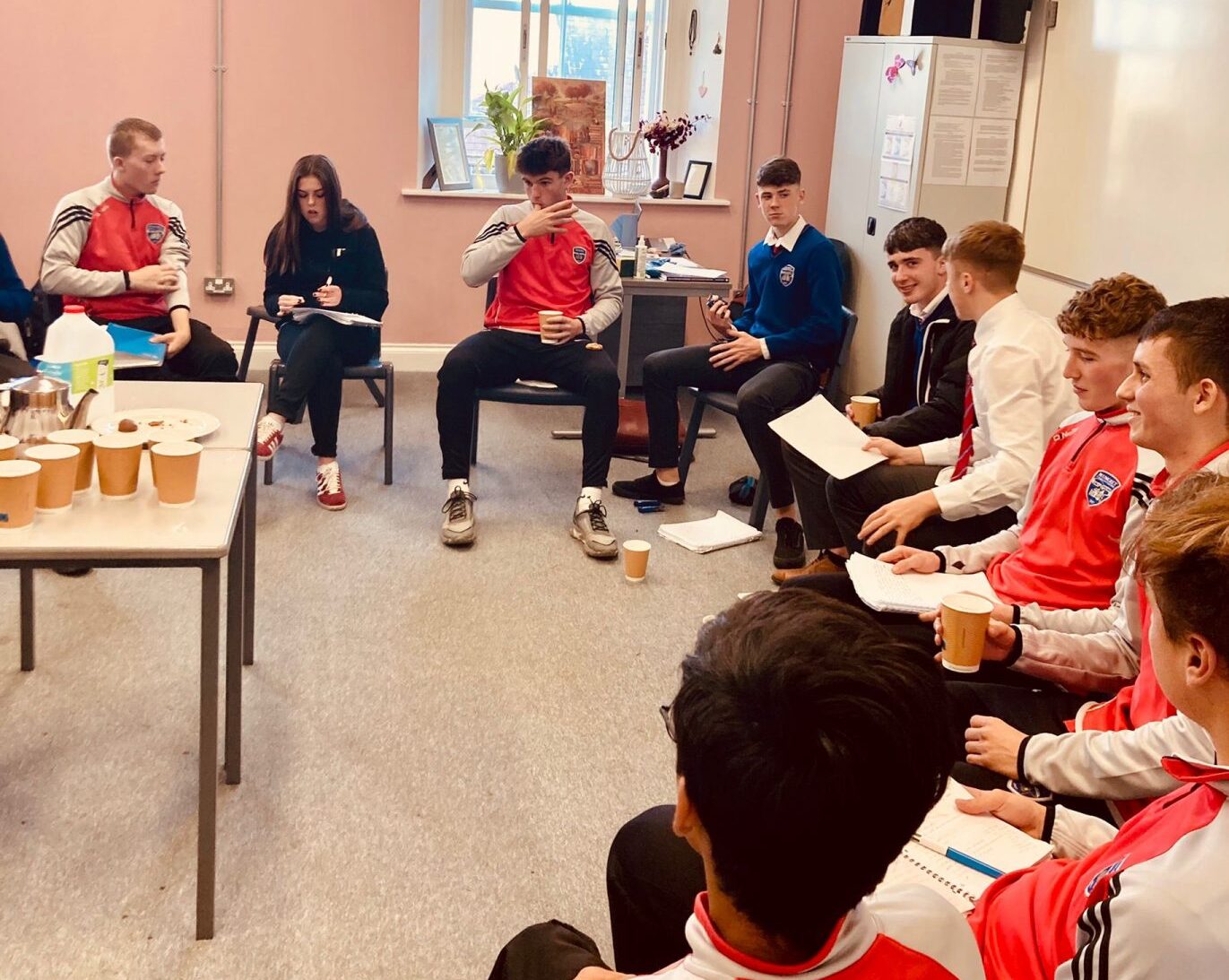Blog
Irish Teens Struggle with Life Satisfaction—Narrative 4 Offers a Path Forward

A recent UNICEF report reveals a concerning paradox: while Irish teenagers excel academically, they rank among the least satisfied with life in high-income countries. The report highlights that only 72% of Irish 15-year-olds rate their life satisfaction at 6 or more on a 10-point scale, placing Ireland 26th out of 38 OECD/EU countries for adolescent mental well-being. UNICEF Ireland
The Underlying Issues
Several factors contribute to this low life satisfaction among Irish teens:
- Social Isolation: The COVID-19 pandemic led to prolonged school closures and reduced social interactions, exacerbating feelings of loneliness.
- Bullying: Over half (56%) of Irish 15-year-olds who report being frequently bullied have high life satisfaction, compared to 76% who are not bullied.
- Body Image Concerns: More than a quarter (27%) of Irish adolescents aged 11-15 perceive themselves as overweight, with body image explaining 10% of the differences in life satisfaction among boys and 16% among girls.
- Lack of School Belonging: Only 53% of Irish 15-year-olds with a low sense of school belonging report high life satisfaction, compared to 81% with a strong sense of belonging.
Narrative 4: Building Connections Through Storytelling
In response to these challenges, Narrative 4 (N4) offers a transformative approach to fostering empathy and social connection among young people. Through its programme, students share personal narratives and retell each other’s stories in the first person, promoting deep listening and understanding.
Implemented in over 40% of Irish secondary schools, the program has trained more than 300 teachers and youth workers, reaching thousands of students nationwide.
Rachel Gleeson, Programme Manager for Narrative 4 says: Research shows that participation in Narrative 4 Story Exchanges leads to increased positive emotions and a stronger sense of community among students.
A Call to Action
UNICEF Ireland emphasizes the urgent need for government action to address the mental health crisis among adolescents.Recommendations include increased investment in in-school mental health services, particularly in disadvantaged areas, and reducing waiting times for the Child and Adolescent Mental Health Service (CAMHS).
Programmes like Narrative 4’s Story Exchange offer a promising path forward by addressing the root causes of social disconnection and promoting positive relationships among young people.


